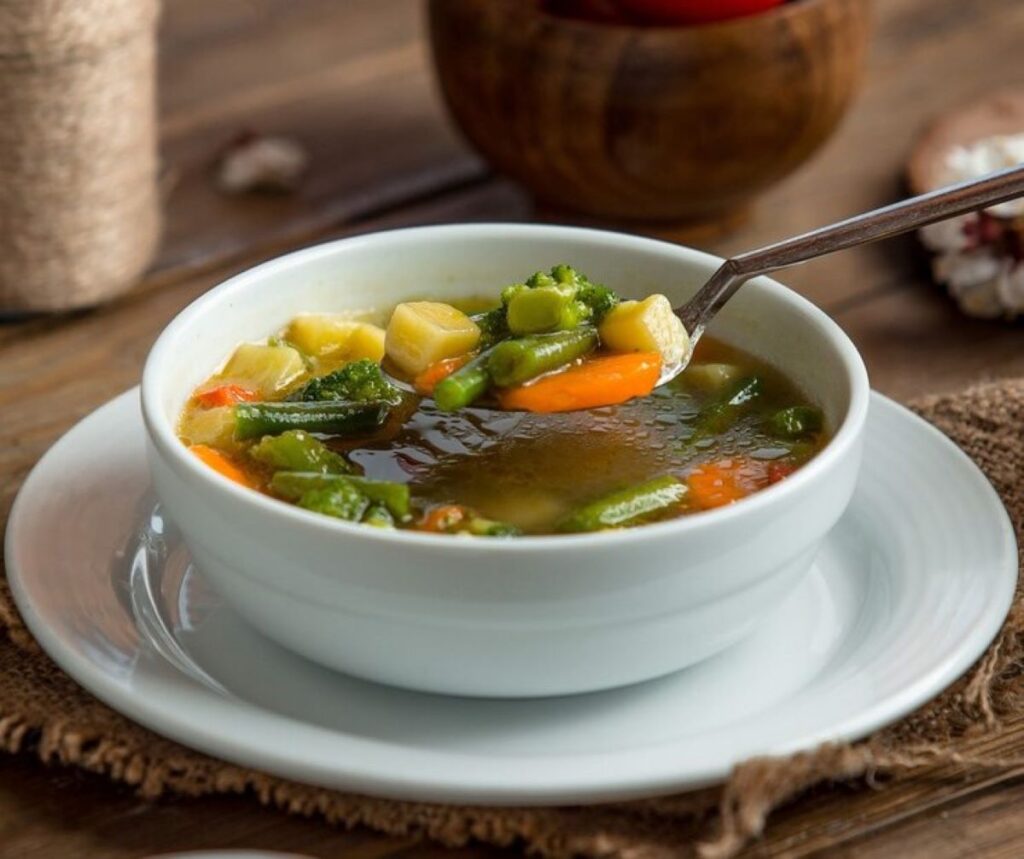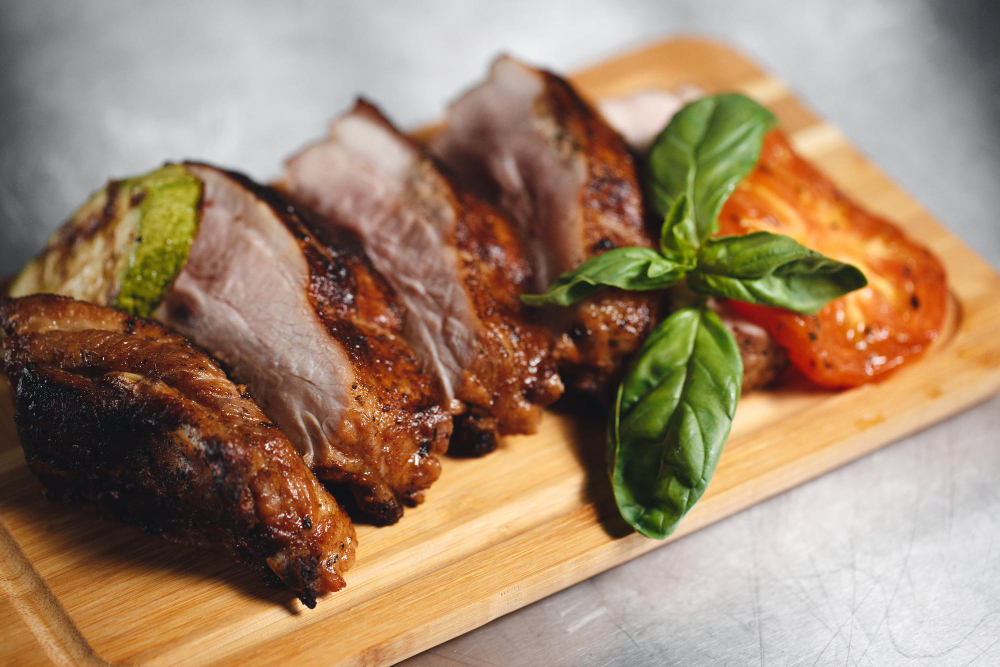Ever crave something salty after a stressful workday? Or eat chocolates after a serious break-up like Elle Woods in Legally Blonde? Comfort foods such as pizza, chips, cookie and the pandemic favourite — ice cream — are usually either starchy or high in salt or sugar. Here we discuss the reasons for wanting to indulge in them when feeling stressed or sad.
Emotional Eating
Obviously, the number one reason why people desire comfort food is to feel better. It’s a coping mechanism and a form of self-consolation when experiencing negative emotions.
Several studies have proven that eating carbohydrate-rich foods makes people feel less anxious and depressed. According to Leslie Rennis, the associate professor at the Borough of Manhattan Community College, “Eating sweet and starchy food helps our bodies make serotonin, which makes us feel calmer and decrease the stress hormone: cortisol.”
However, there are certain people who are more likely to crave comfort foods than others. Larry Christensen, professor and department chair of psychology at the University of Alabama, published a study stating that those who have seasonal affective disorder, premenstrual syndrome (PMS), major depressive disorder, and obesity are more likely to desire comfort food.
While comfort foods might increase feelings of happiness, conversely for some it can make them feel worse. It’s been proven, for instance, that women feel guilty and unhealthy after bouts of comfort-food consumption.
Rewarding Yourself
Our guts are responsible for releasing dopamine and serotonin — two hormones responsible for evoking feelings of pleasure and happiness. Psychology Today explains that our brain’s reward system is activated when we eat foods high in salt, sugar, or fats. Eating our favourite comfort foods activates the pleasure and reward centers also linked to addiction.
Charles Spence, professor of Experimental Psychology at Oxford University, reported that women often crave comfort food when they’re feeling depressed, lonely, or guilty, whereas men eat comfort food as a reward for success.
Nostalgia
If you’re someone who craves apple pie for dessert it might be because it reminds you of Thanksgiving dinner with your family. If not apple pie, you might prefer chocolate chip cookies because you used to bake them with your mom for Santa Claus.
Certain foods can bring back pleasant memories of holidays, gatherings, and celebrations we used to have with our loved ones. Shira Gabriel, a psychologist at the University of Buffalo, explains that comfort foods often happen to be those dishes that our caregivers made for us, so when feeling lonely or rejected, we will crave those foods.
Let’s face it: we’ve all been guilty of emotional eating, and there’s nothing wrong with it, if it’s done in moderation. As satisfying as it is to give in to your cravings, it’s important to remember that comfort foods only provide short term relief. You may feel better in the moment, but eventually you must address the triggers for comfort food indulgence. If you don’t find other ways to cope with your feelings, it could affect your health.
Mursal Rahman | Contributing Writer










